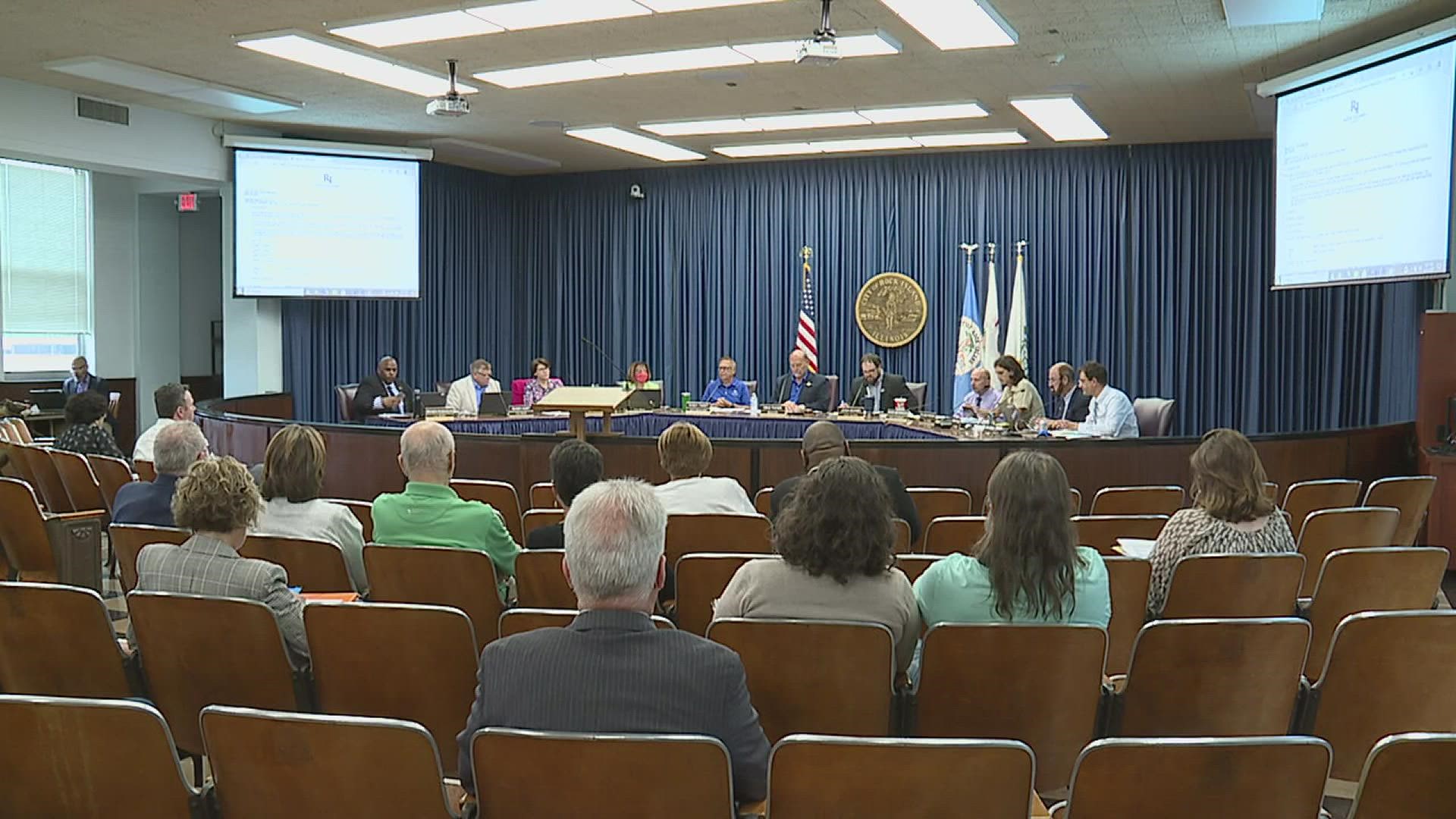ROCK ISLAND, Ill. — Activist Thurgood Brooks has attended every single Rock Island City Council meeting since his group, "The Resolution," formally presented its plan for a Police Community Relations Commission last May.
"Because that comes down to the importance of it," Brooks said. "It's bigger than me, and it's about those who come behind us. And it's our responsibility as adults, to be responsible to set things up for the future."
The Rock Island City Council is expected to vote whether to establish the new commission during its Aug. 23 meeting.
"The Resolution" first started working on the commission in June 2020. The goal of the commission is to create positive relationships between police and community members, because, according to Brooks, there's a lot of misunderstandings between the groups.
"(The goal is) not to point out that the police are bad, but to bring people together to have an understanding, because I really believe we have a lack of understanding between the community and policing and what their jobs and responsibilities are," he said. "Certain communities have always felt like they have been over-policed, and the laws have been written and enforced to keep it that way. But at the same time, the role of policing has changed, and their powers and their responsibilities are ones that we as a community don't have a sure understanding of itself either, and/or may want to change."
If passed, the commission will consist of 12 members who are residents of Rock Island. Of those 12 will include two current or former police officers, two "returning residents" such as convicted felons, one lawyer, one college or trade school student (ages 18-23), one high school student, and one member of a trauma-informed profession.
"The goal of this commission is to bring everyone of different professions and perspectives together, to learn what the different perspectives are and where they're coming from, and grow and hopefully, ultimately recommend to the City Council, how we can change and work together for the betterment of everybody to keep everybody safe," Brooks said.
He hopes learning from different perspectives will help clear up questions or misunderstandings.
"Then we'll be able to see what I think is organic and natural growth, and you'll see more minorities saying, 'You know what, I want to be a police officer. ... I want to be involved in this capacity.'" he said. "Their perspectives and experiences will change over time."
Brooks added that the work doesn't end after the City Council votes on the commission. He said right now they're only at second base.
"Third base would be a vote of confidence tomorrow. Home plate would be a score and a score would be completing the task of actually implementing it," he said. "We will be staying fast and keeping our foot to the gas to make sure that it's completed and is actually implemented in the right timing."

